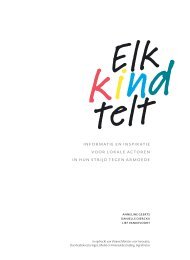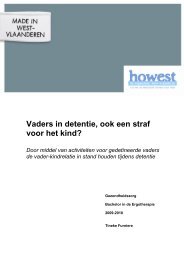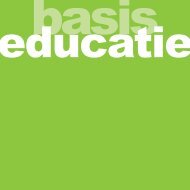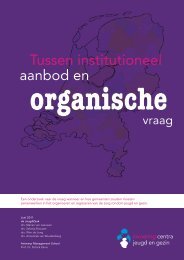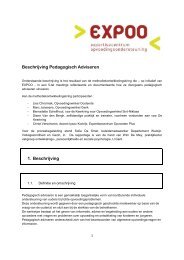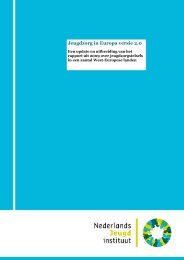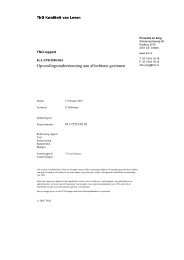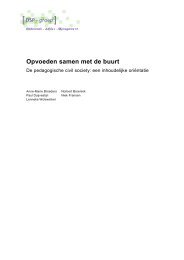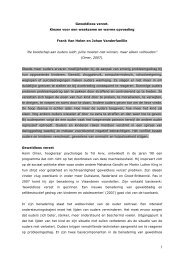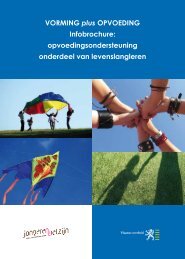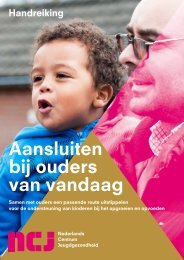Technique Is Not Enough (TINE) - British Psychological Society
Technique Is Not Enough (TINE) - British Psychological Society
Technique Is Not Enough (TINE) - British Psychological Society
- No tags were found...
You also want an ePaper? Increase the reach of your titles
YUMPU automatically turns print PDFs into web optimized ePapers that Google loves.
Positive ActionPositive Action facilitators are trained by us and the classes are led by the facilitators who are fromthe local culture and have worked with us to adapt the classes to their culture. They have found thatthe universality of the Positive Action concepts are easily adapted to any culture’s ideals becausefundamentally all cultures’ ideals are the same or very similar; the highest level of positive thinkingbehaviour and resulting positive feelings are similar but are related in stories, myths, and fablesrelevant to each culture. For example, in Hawaii, what is called Pono Choices is essentially the sameas positive actions. The Native American, Hawaiian and African-American cultures all have circleswhich resemble Positive Action’s Thoughts-Actions-Feelings Circle, and all use some kind of circleprocess for discussions, decision-making and sharing of leadership.Despite the limited literature on the role of socially inclusive practice and its relevance toameliorating model programmes’ localism and limited generalisability, the examplespresented in this paper come from programmes that have already been successfullyreplicated. A number of these programmes have themselves already begun to culturallyadapt and now use the culturally valued mores specific to the new local host culture intowhich their parenting programme is to be embedded and many are carefully researchingthe impact of this. This is very different from common replication practice, which hasgenerally duplicated models using the same cultural forms and learning practices asadopted by their developers in their original place of origin. This approach is now beingchallenged and new practices are emerging as model programmes themselves develop,adapt and evolve the own models (e.g. Hutchings, in press). This suggests that it can be thecase that one programme’s adaptation to come is already built in to other programmes, orin other words fidelity means different things to different programmes. For oneprogramme a succinct definition of fidelity as it applies to retention may help move ourargument forwards:Incredible YearsAt its simplest this [model fidelity] implies delivering the content but also means having lots ofother systems in place to ensure that the highest challenged people will be retained. In the IYprogramme this includes weekly phone calls to parents, follow-up of parents who miss sessions,leaders’ supervision and adherence to a common set of principles of engagement. The training andsupervision provided focus primarily on the extent to which leaders work collaboratively withparents. The leader certification process ensures quality in terms of league skills of the leaders. In theNorth Wales Sure Start trial, 22 of the 23 group leaders achieved leader certification during the trialbased on high levels of both content adherents and collaboration. We have a peer and self-monitoringchecklist that leaders use to evaluate their own performance. It is also used to assess the quality ofprogramme delivery for leader certification.42 Professional Practice Board



